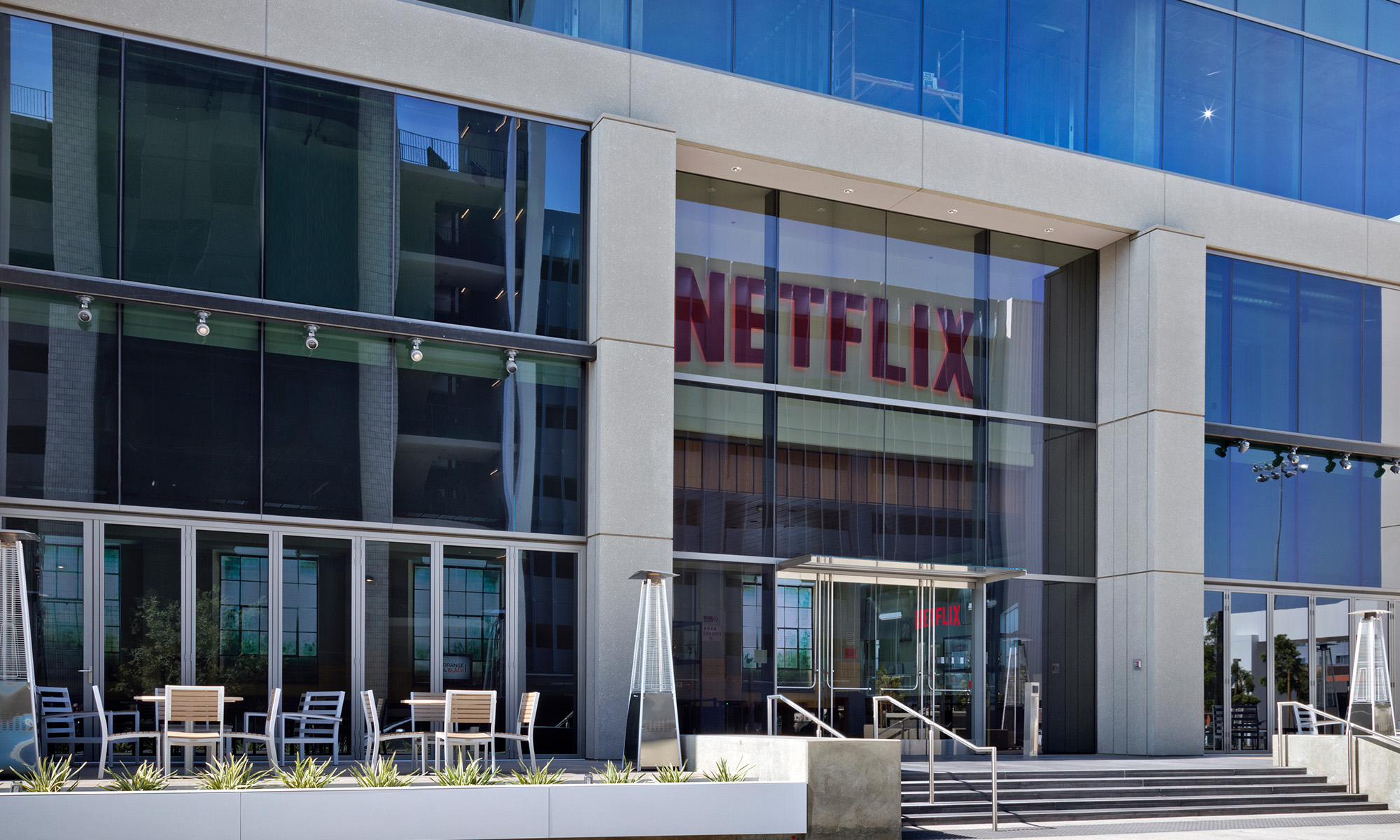
Image source: Rovi.
Rovi(NASDAQ: ROVI) just suffered a devastating blow to its patent licensing operations as a District Court judge threw out five of its digital content management patents. In a case originally filed by Netflix (NFLX 1.78%) as a protective measure against future patent infringement suits, Judge Phyllis Hamilton from the District Court of Northern California took the hammer to all five Rovi patents under consideration.
Rovi shares fell as much as 26% on the news, and have dropped about 40% over the last 12 months. The company formerly known as Macrovision stands on shaky ground here, and investors are acting accordingly.
Case history
Netflix originally filed this suit against Rovi, looking to invalidate five Rovi patents before that company could file a patent infringement lawsuit against Netflix. Rovi responded with counterclaims, bringing in a handful of additional patents to the process, and settled down for a long court battle.
After this order, none of the original patents remain in play. Rovi could attempt to revive the action by filing new claims based on different patents, but would then risk the invalidation of those claims as well.
The claims of the newly invalidated patents deal with tracking the viewing history of digital video users, organizing content catalogs into categories, and bookmarking favorite videos. Netflix claimed that these patents were simply computerized versions of bog-standard business practices, and therefore unpatentable. Rovi respectfully disagreed, but Judge Hamilton sided with the Netflix view last week. Citing the important Alice case from the Supreme Court of the United States, she found all five patents invalid for lacking any patent-worthy innovation.
For example, here's how Hamilton motivated the invalid nature of a patent on tracking digital viewing histories: "The court finds that the '762 patent fails to disclose an inventive concept that adds something to the claims other than the abstract idea itself."
This ruling follows the precedents set by earlier Netflix wins at the International Trade Commission. According to a press statement in response to these court orders, Rovi is determined to appeal the loss to a higher court. There is no guarantee of a different outcome, however.

Image source: Netflix.
What this decision means to Rovi and Netflix
For Rovi, this case is a big deal. Some 22% of the company's 2014 sales rested on licensing agreements with DIRECTV, Comcast, and Time Warner Cable, and all of these contracts are set to expire either this year or by the middle of 2016. The broadcasters pay Rovi for the right to use its patented TV guide systems, which in turn depend on patents like the ones Netflix called into question.
In short, Netflix may wipe out the legal support for a large slice of Rovi's annual sales. The stock is trading at a rock-bottom six times trailing earnings, because such a large portion of its profit is at risk right now. The final outcome of this court case is crucial to Rovi's future as a going concern.
In that press statement, Rovi's licensing and intellectual property chief Samir Armaly tried to put some lipstick on the pig. The Alice case, which gutted the concept of claiming new patents simply by adding "by a computer" to a business process, was decided two years after Netflix filed the original suit. Armaly hopes that this technicality should remove the Alice precedent from this case altogether. I'm not a lawyer, but that sounds like a flimsy excuse for ignoring a settled Supreme Court decision.
Also, Rovi has more than 1,500 other U.S. patents under its belt. Armaly said that Rovi is bound to bring a new set of patents against Netflix on further appeals, selecting the new claims with the Alice precedent in mind. You know, just in case the whole Alice discussion actually applies here.
For Netflix, it's not that big of a deal. Rovi's three large patent licensing deals added up to just $119 million of revenue last year. Even if Rovi manages to get Netflix on the hook for a similarly sized licensing deal with the full backing of some future legal appeal, we'd be looking at something like $40 million in annual expenses. For a company with $5.5 billion in annual sales and $880 million of selling, general, and administrative expenses last year, that's just a drop in the bucket. A setback, sure, but hardly a game-changer.
So Rovi is playing for all the marbles here, while Netflix doesn't even consider the case as material to its operations or investors. Netflix jumped 12% on Thursday, but only because the company delivered a fantastic second-quarter report. The Rovi case doesn't even enter into that discussion.
Netflix has killed other businesses before and may very well do so again. It destroyed Blockbuster in a desperate battle for its corporate life. Rovi? That's more like accidentally stepping on an insect. This one isn't even personal for Netflix.
It's just business as usual.






